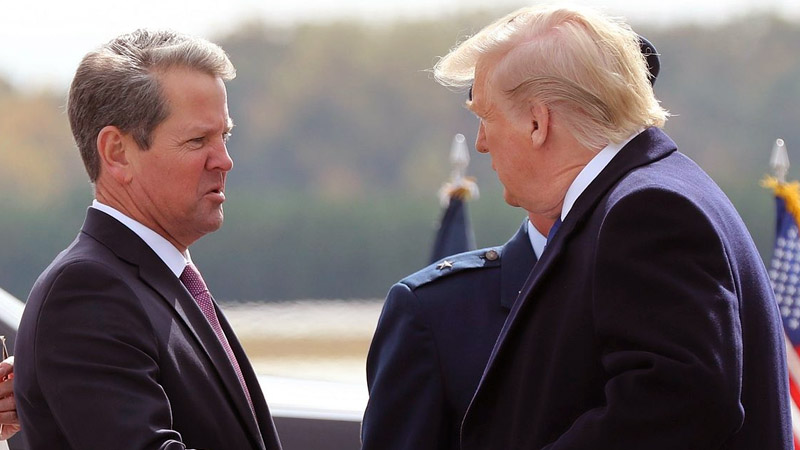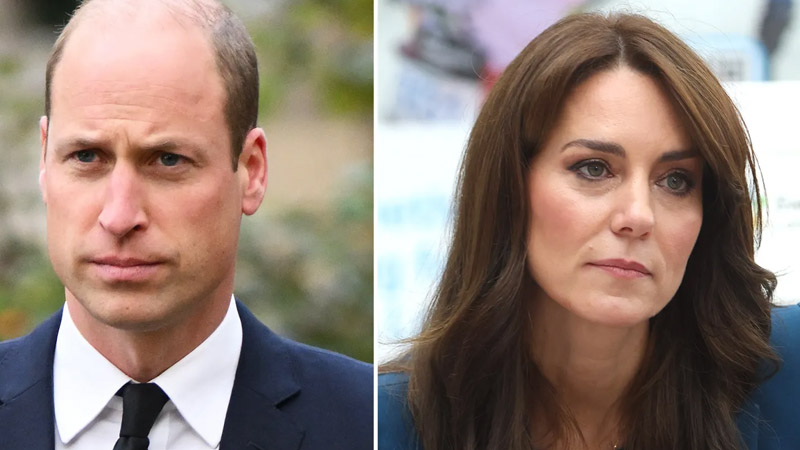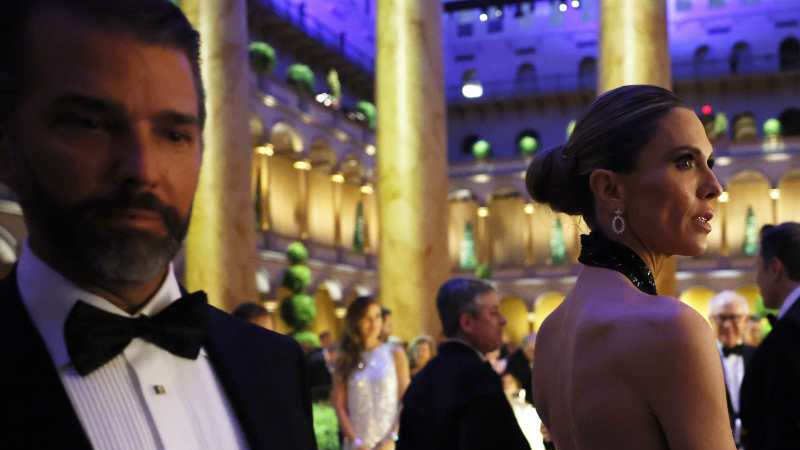Governor Brian Kemp Calls Out Trump’s False Claims: ‘Biden Called Yesterday Afternoon’

Photo: Curtis Compton/Atlanta Journal-Constitution/Associated Press
In the aftermath of Hurricane Helene’s devastating impact, Donald Trump has been quick to criticize President Joe Biden’s response, spreading rumors of inaction. But one key Republican leader, Georgia Governor Brian Kemp, isn’t afraid to set the record straight and call out the former president’s exaggerations.
On Monday, Trump visited Georgia, one of the six states severely affected by the hurricane. During his visit, Trump praised Governor Kemp for “doing a very good job” but claimed that Kemp was struggling to connect with President Biden. “They’re having a very hard time getting the president on the phone. He won’t get on it,” Trump remarked, suggesting that the federal government wasn’t responding adequately.
Has Trump told Gov. Kemp, who said this today?
— Andrew Bates (@AndrewJBates46) September 30, 2024
"The President just called me yesterday afternoon."
"And he just said ‘hey, what do you need?’"
"He offered that if there's other things we need, just to call him directly, which, I appreciate that." https://t.co/ABiE0AE0GS pic.twitter.com/Y9WcwULJes
However, Trump’s claims didn’t hold up for long. Earlier that same day, Kemp addressed the press and clarified that Biden had called him the previous afternoon to ask what additional support Georgia needed in the wake of the disaster. In fact, Biden had already taken significant action the week before by declaring a state of emergency in Georgia, which paved the way for federal disaster assistance.
While Trump’s comments painted a picture of a slow federal response, Kemp’s words directly contradicted the former president’s narrative. “Biden called yesterday afternoon,” Kemp noted, providing a much-needed reality check. It’s clear that while there are challenges in the response to Hurricane Helene, Biden had not neglected Georgia, as Trump implied.
As Trump continued his tour of the hurricane-affected areas in Georgia and North Carolina, other Republicans echoed his criticisms of Biden and Vice President Kamala Harris for not visiting the disaster zones in person. However, many Georgia residents expressed a different perspective. With roads still closed and power outages widespread, they questioned whether the federal government should focus more on providing relief than on high-profile visits that could strain already limited resources. For many, Trump’s tour appeared more like a publicity stunt than an effort to offer genuine help.
In the end, while Trump’s remarks aimed to stir controversy, Kemp’s clear statement about Biden’s timely call shut down the false narrative. The focus, Kemp seemed to suggest, should be on delivering disaster relief—not on political grandstanding during a time of crisis.


